The President's power to pardon is broad, unchallengeable, and almost unlimited. Here are 25 of the most controversial pardons and commutations in history.
- Oops!Something went wrong.Please try again later.
- Oops!Something went wrong.Please try again later.
- Oops!Something went wrong.Please try again later.
- Oops!Something went wrong.Please try again later.
- Oops!Something went wrong.Please try again later.
- Oops!Something went wrong.Please try again later.
- Oops!Something went wrong.Please try again later.
US presidents have the power to pardon anyone in the country who has been convicted of a federal crime.
They have pardoned and commuted sentences of advisors, celebrities, and family members.
Presidents can also pardon other presidents, like when Gerald Ford pardoned Richard Nixon after the Watergate scandal.
For the last few hundred years, US presidents have pardoned people convicted of federal crimes.
While the crimes varied, they shared the commonality of their pardons being marred with controversy.
From clemency for former confederates to Vietnam draft dodgers to pardoning the billionaire fugitive Marc Rich, here are some of the most notable presidential pardons in history.
In 1787, during the Constitutional Convention, Alexander Hamilton questioned whether the US should have the power to pardon people for federal crimes. The power already existed in England and was executed by the monarchy.
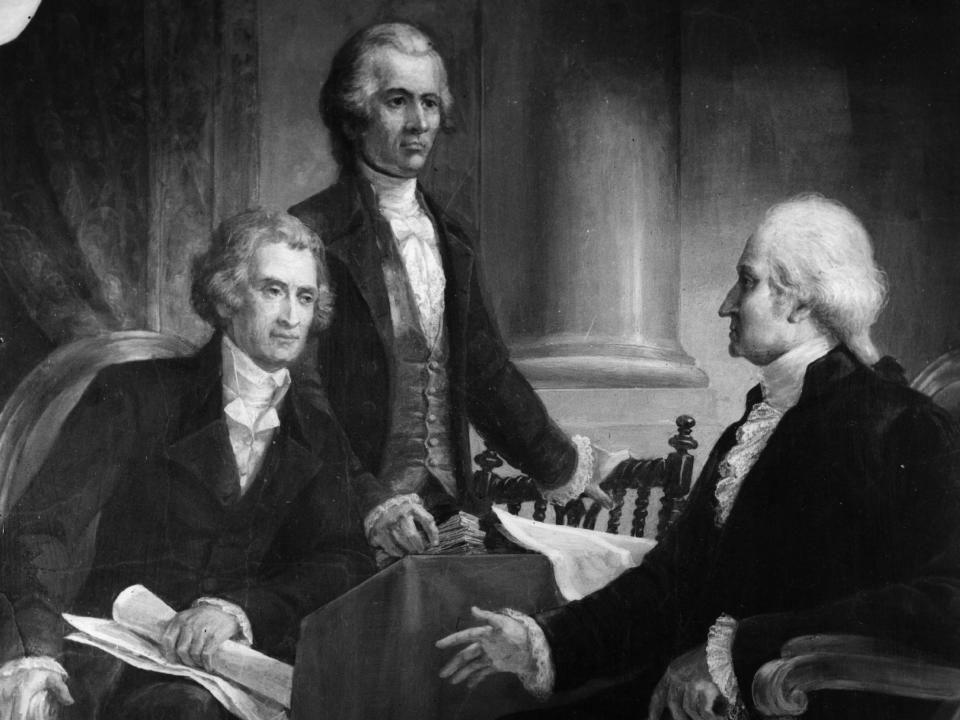
In the end, it was decided it would be the president's power "to grant reprieves and pardons for offenses against the United States."
The power was included in article two of the Constitution.
It's broad, unchallengeable, and almost unlimited. The Supreme Court ruled that it is "without limit."
Sources: National Geographic, New York Times, White House History, The Guardian
There are four types of presidential pardons — one that removes a crime completely, one that delays a sentence, one that shortens or removes a sentence, and one that ends a person's legal obligations, like having to pay a fine.
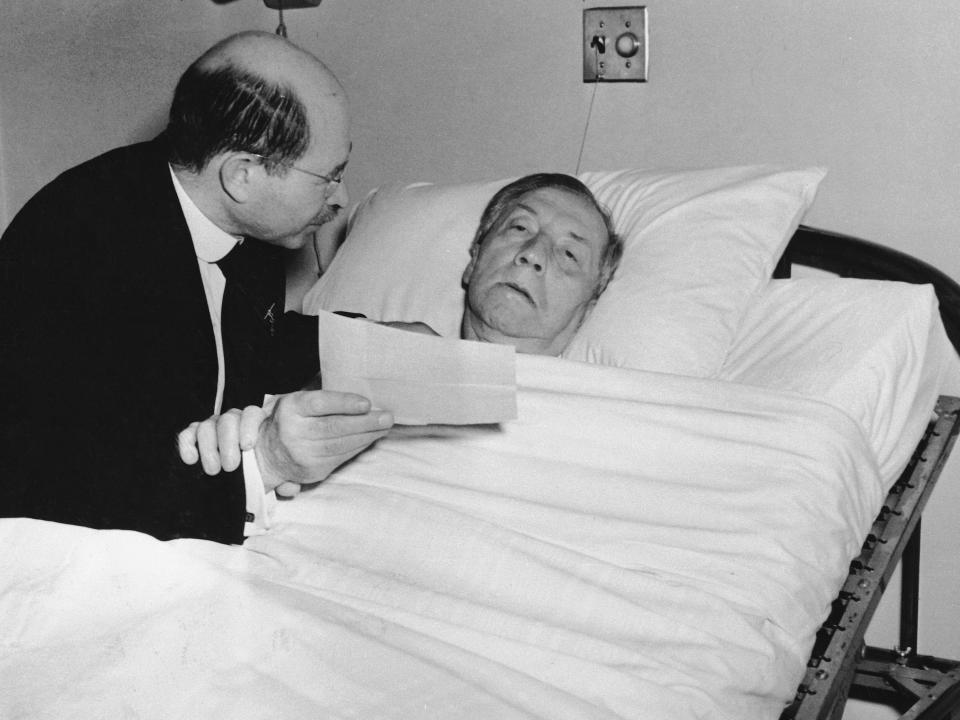
Sources: National Geographic, The Guardian, National Geographic
In 1795, President George Washington granted the first two pardons. They were for Philip Weigel and John Mitchell, two men who had been found guilty of treason for their roles in the 1794 Whiskey Rebellion.
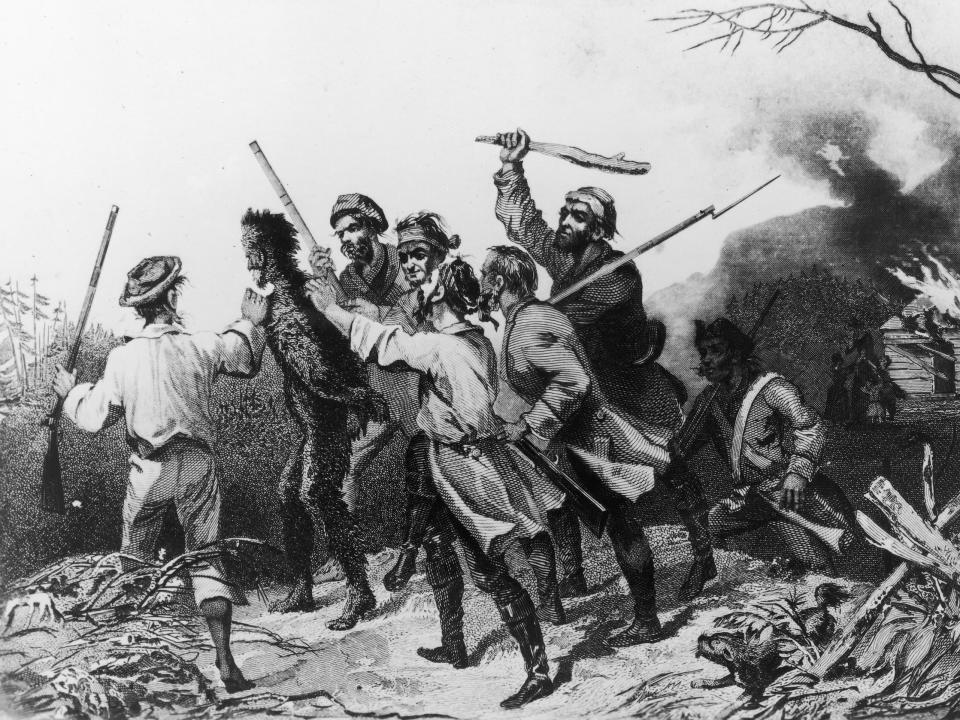
This was an uprising that took place in western Pennsylvania after a heavy federal tax had been imposed on spirits.
Sources: New York Times, National Geographic
President Thomas Jefferson pardoned any citizen convicted under the Sedition Act of 1798, which made it a criminal offense to say anything defamatory about the government.
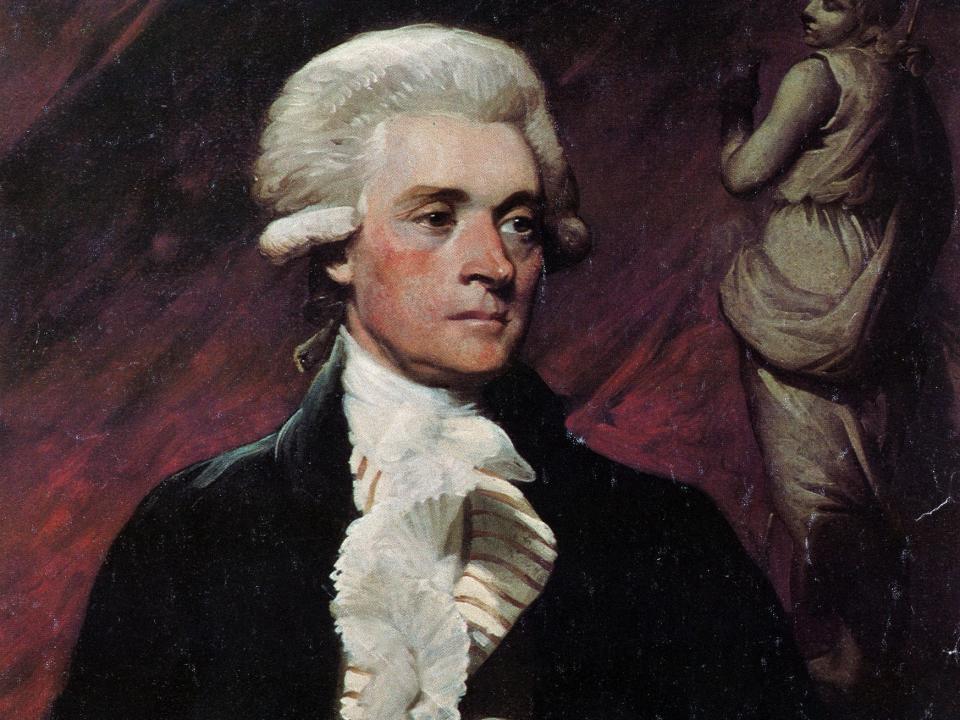
Sources: New York Times, National Geographic, White House History
In 1812, smuggler and pirate Jean Lafitte, who flouted the law by smuggling goods and enslaved people, earned himself a pardon from President James Madison after Lafitte defended New Orleans during a war.
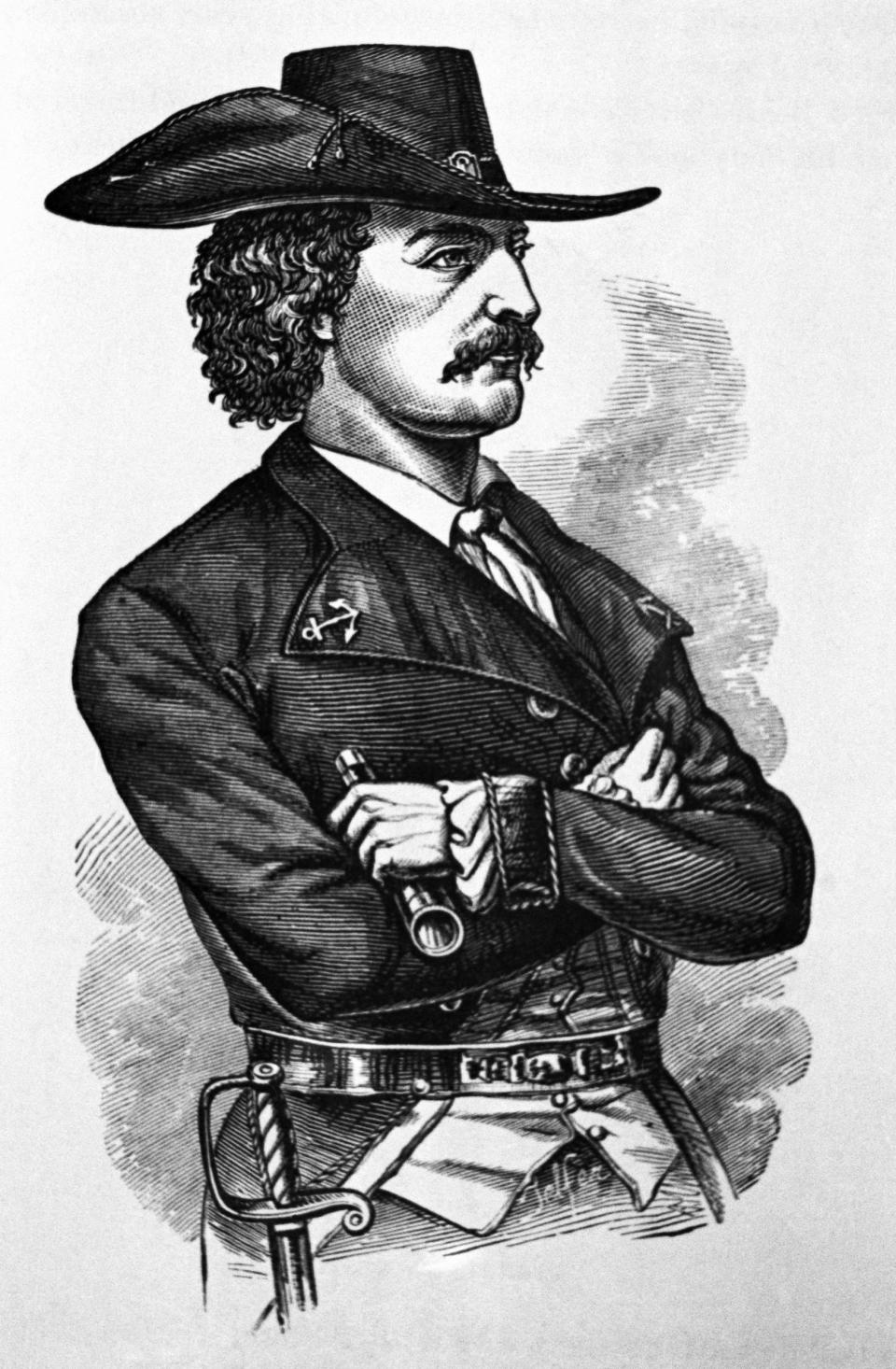
Source: New York Times
President James K. Polk pardoned John C. Fremont, an explorer and military leader who had been court-martialed after he committed insubordination during the Mexican-American War.
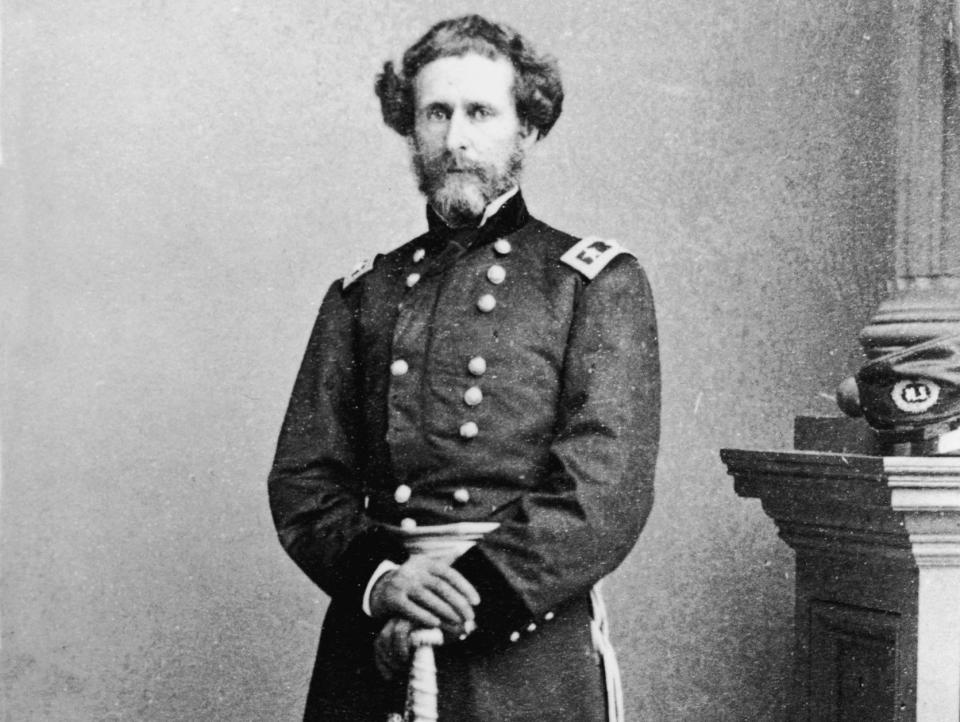
Source: New York Times
In a historic first, President Andrew Jackson tried to pardon George Wilson in 1833 for stealing mail and endangering a mail carrier, but Wilson rejected the pardon.
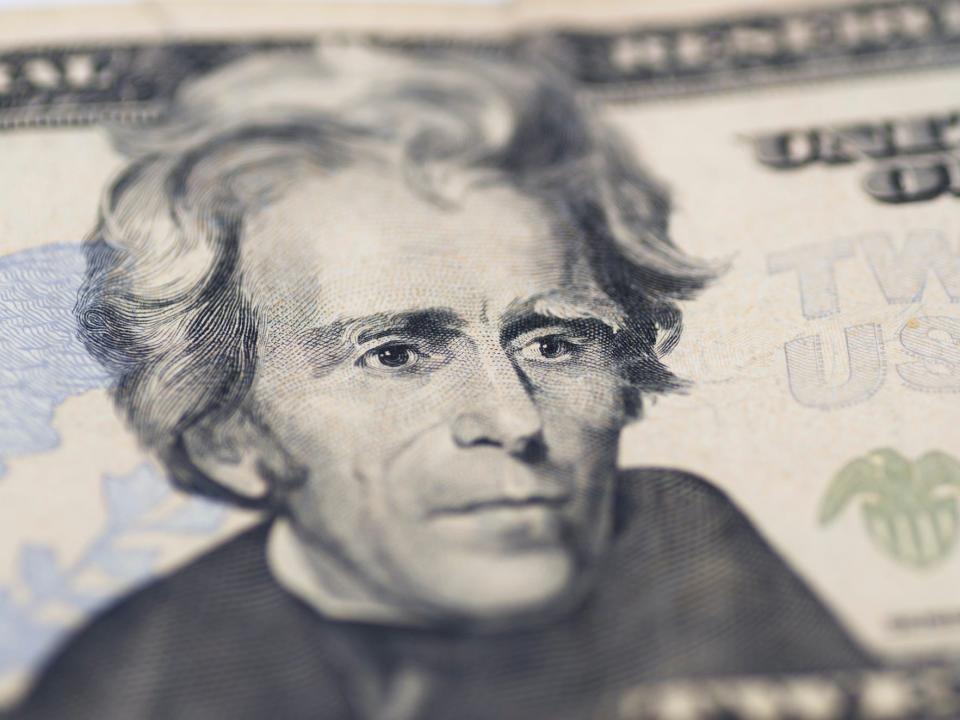
It's not clear why he rejected it, but the Supreme Court ruled a pardon could be rejected. Wilson was hung for the crime.
Source: National Geographic
In 1858, President James Buchanan offered pardons to all Utah Mormons as long as they accepted the US as their sovereign state.
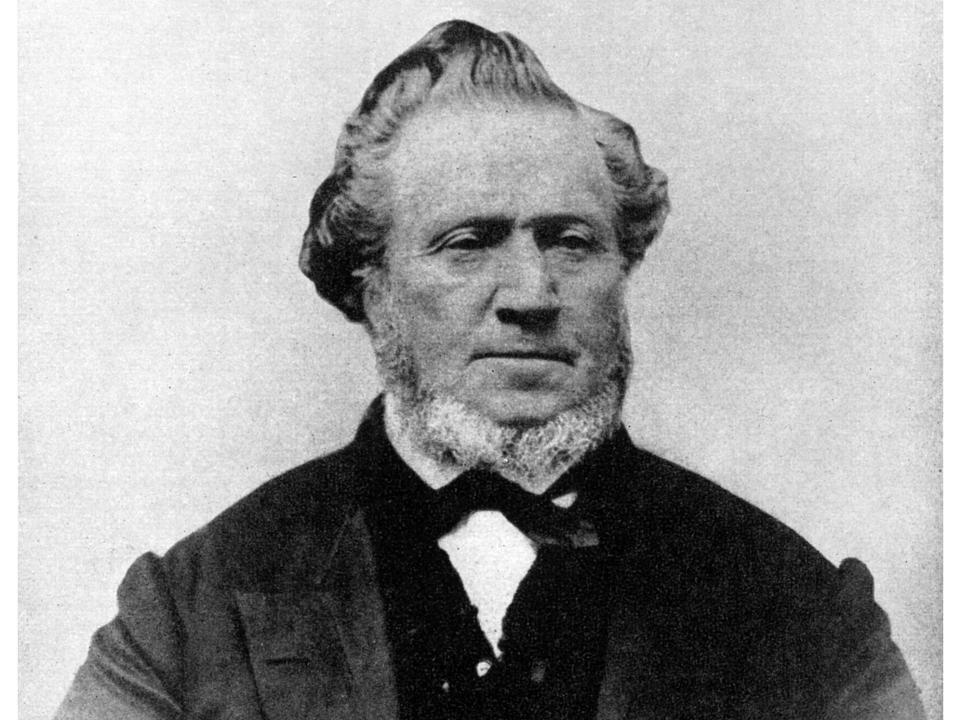
This came after the "Mormon War," a short conflict between US soldiers and Mormons who had moved to Utah to escape religious persecution.
They were led by Brigham Young.
Sources: Smithsonian Magazine, New York Times
In 1862, President Abraham Lincoln pardoned 265 Dakota Indian men for their role in an attack that killed almost 500 people in a white settlement in Minnesota, which led to the Dakota War of 1862.
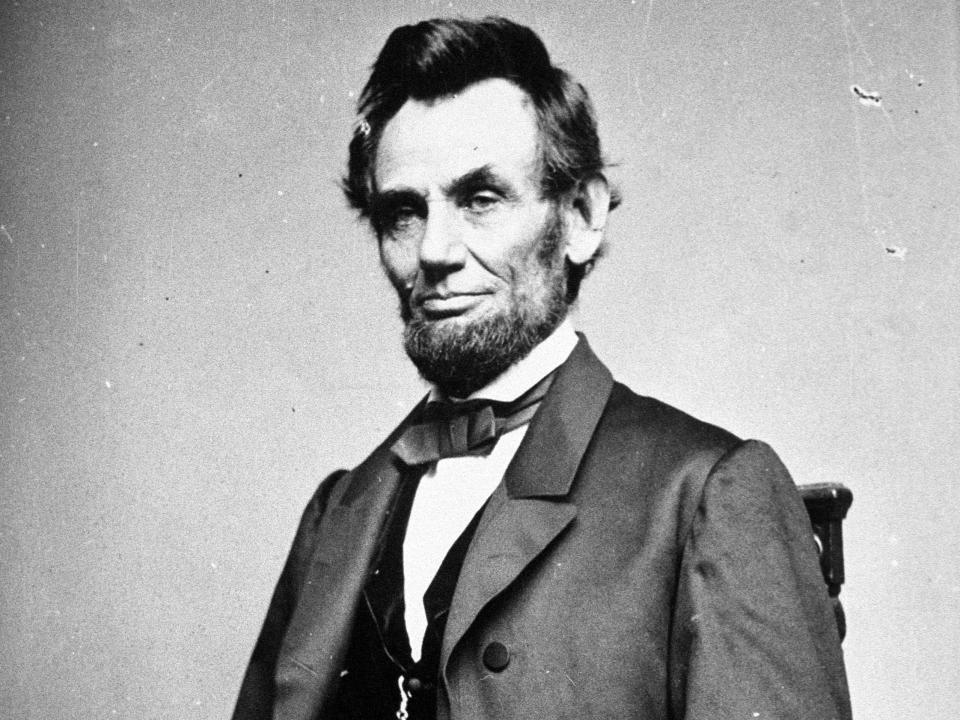
The attack came after years of strained relationships between the two sides, including several broken peace treaties. Lincoln's pardon was unofficial — basically, he refused to let them be executed.
Another 38 Dakota Indian men were executed, but even so, Lincoln's pardons were deeply unpopular.
Sources: National Geographic, New York Times
In 1868, President Andrew Johnson pardoned more than 13,000 former Confederates.
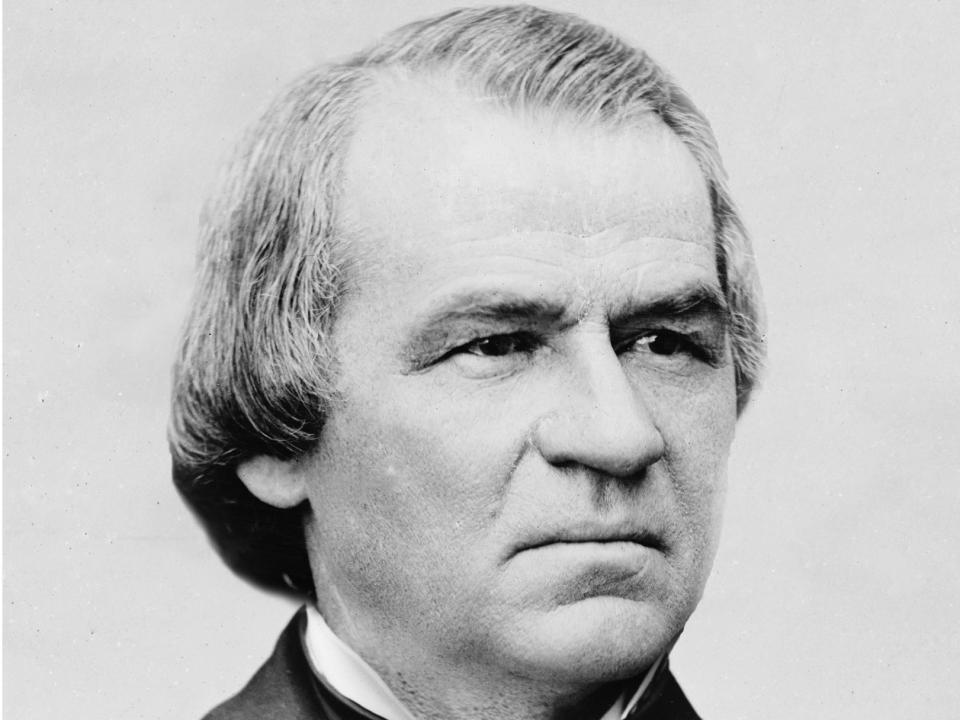
He originally wanted to provide a blanket pardon to all Confederates, except for a select few of the rich and powerful who had played a key role in the secession of the South, but changed his mind and only pardoned those who asked for it.
The only requirement for the pardon was that they declared their loyalty to the government.
Sources: National Geographic, New York Times, Time
Johnson also pardoned Samuel A. Mudd, a doctor who had been convicted of conspiracy for harboring John Wilkes Booth and treating his broken leg after he assassinated Lincoln.
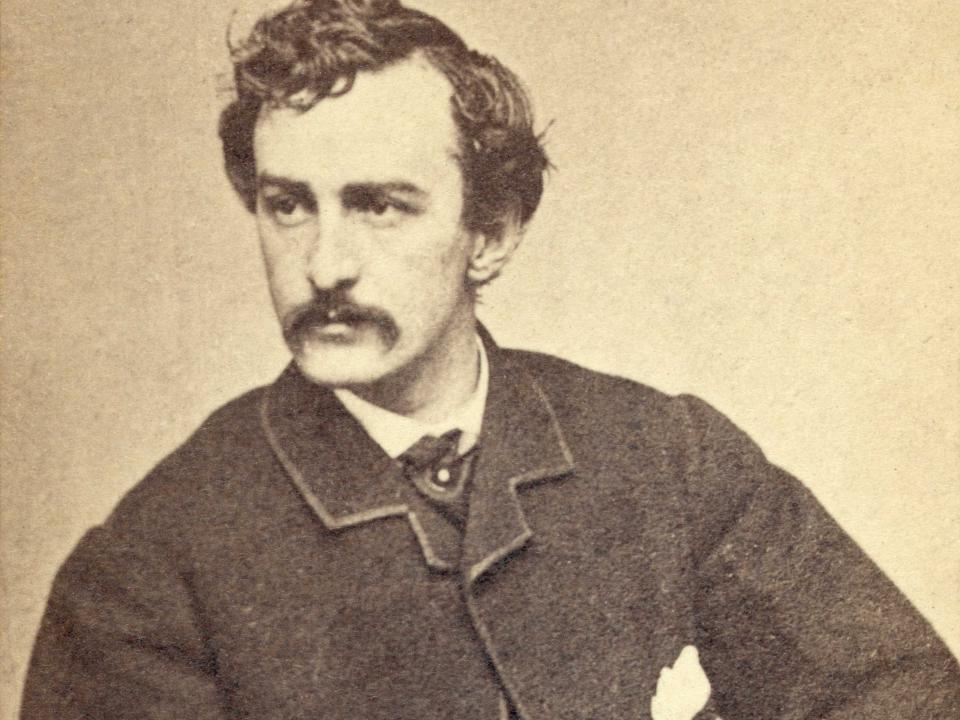
Source: New York Times
In 1911, President Howard Taft pardoned Captain William Van Schaick. Schaick had been imprisoned for criminal negligence after he continued to steer a steamer up the Long Island Sound for two minutes before he beached the boat.

Once the boat was beached, people could jump off to their safety. But because he hadn't beached it immediately, some of the passengers had jumped off prematurely and drowned.
President Theodore Roosevelt had previously refused to pardon Van Schaick.
Source: Smithsonian Magazine
In 1950, President Harry Truman pardoned corrupt politician James Michael Curley after he was convicted of mail fraud and spent five months in prison.
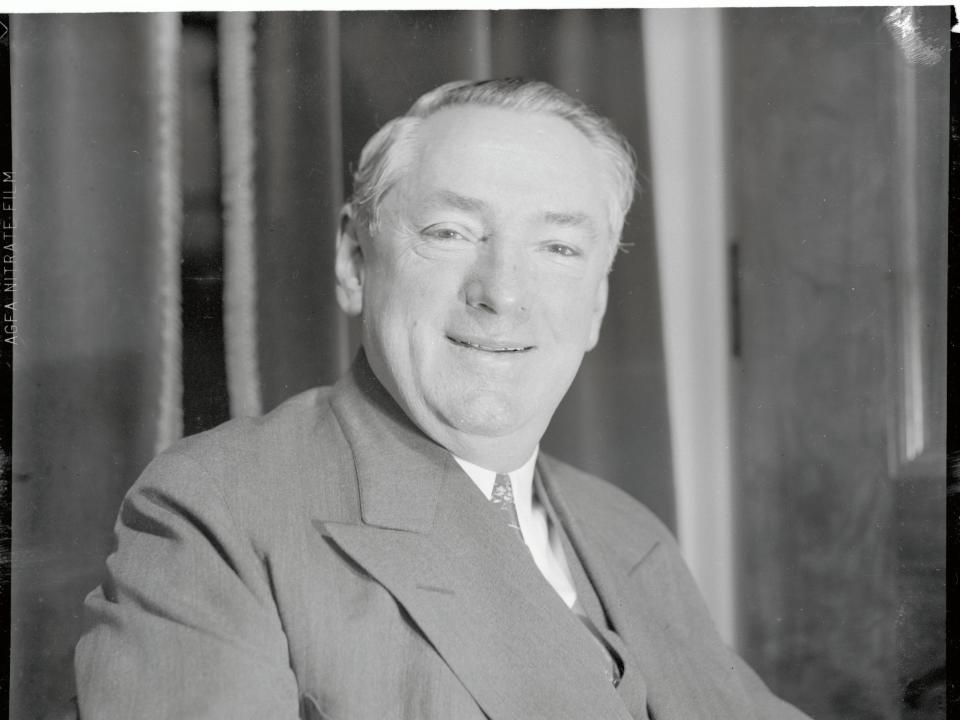
Curley had served as Boston's mayor multiple times as well as in Congress and governor.
Source: New York Times
In 1974, President Gerald Ford controversially pardoned his predecessor Richard Nixon for any crimes he had "committed or may have committed or taken part of" a month after he resigned in light of the Watergate scandal. This was the first pre-emptive pardon.

During a live TV announcement, he said what had happened to Nixon was "an American tragedy in which we all have played a part."
"It could go on and on and on, or someone must write the end to it. I have concluded that only I can do that, and if I can, I must," he said.
The pardon is thought to have hurt his political career.
Sources: The Guardian, National Geographic, New York Times
Ford also pardoned a woman named Iva Toguri D'Acquino who had been convicted of treason due to her links to a Japanese radio show that had played propaganda to US soldiers during World War II.
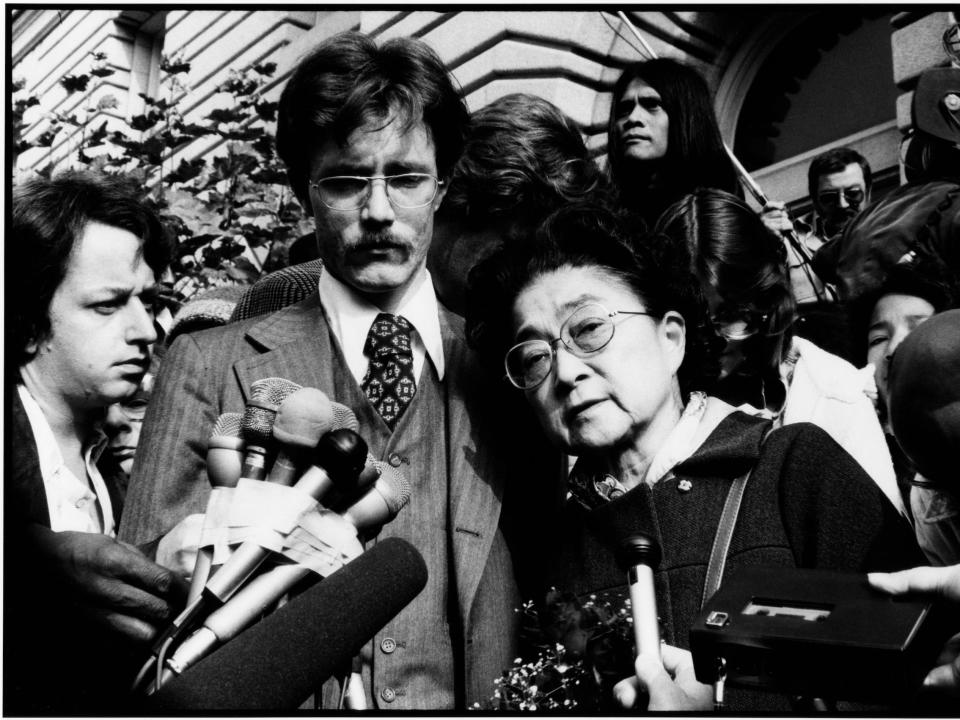
She never stopped claiming she was innocent and that there had been a mistake where several broadcasters had been confused for one, which she had taken the fall for.
Sources: Smithsonian Magazine, New York Times
In 1977, on his first day in office, President Jimmy Carter unconditionally pardoned all men who refused to be drafted into the Vietnam War, including men who hadn't been prosecuted yet.
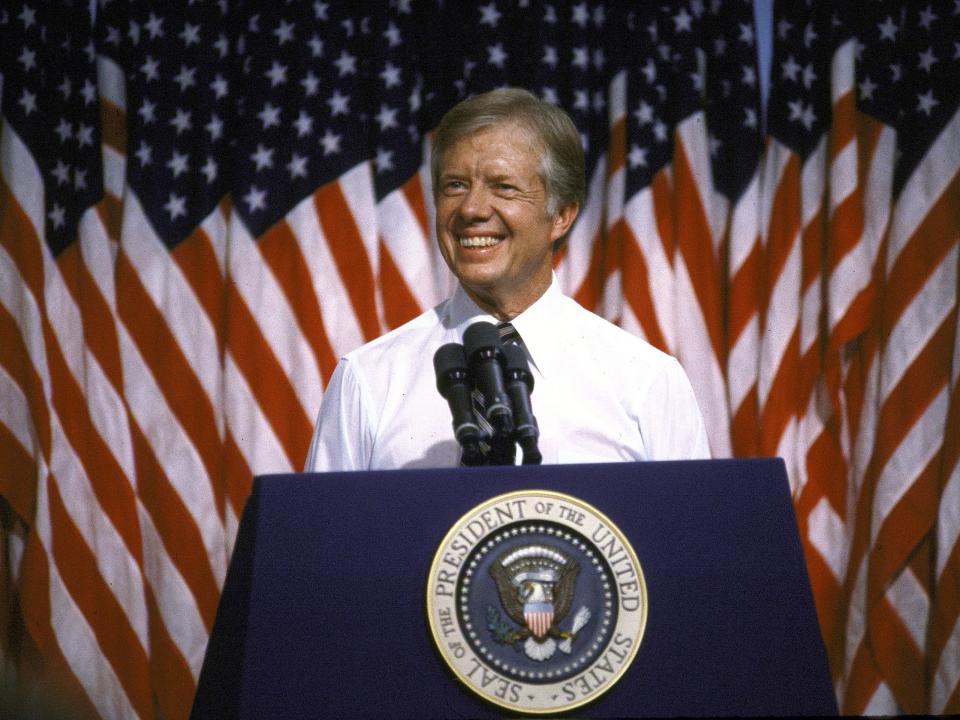
The exact number isn't clear, but nearly 210,000 men were accused of violating the draft, and another estimated 360,000 men were never formally accused.
There were limits to the pardon, though — it didn't include civilian protestors, soldiers who were dishonorably discharged, or deserters.
Sources: The Guardian, National Geographic, History.com, Smithsonian Magazine, Time
In 1989, President Ronald Reagan pardoned George Steinbrenner, the owner of the New York Yankees, who had pled guilty to making illegal political donations to help Nixon and obstructing justice.
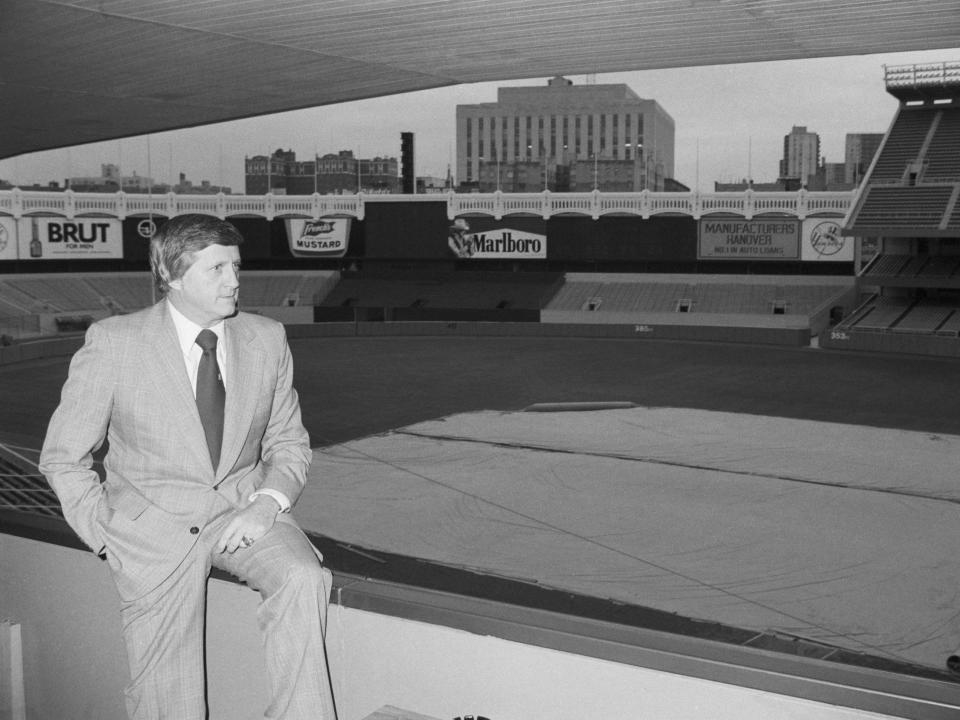
Reagan only pardoned Steinbrenner once he admitted to the crime. He did not want to be criticized for going easy on criminals.
Sources: Smithsonian Magazine, Time
Reagan also pardoned former FBI officials associate director W. Mark Felt and his deputy Edward Miller after they were found guilty of authorizing agents to break into the homes of Vietnam protestors.
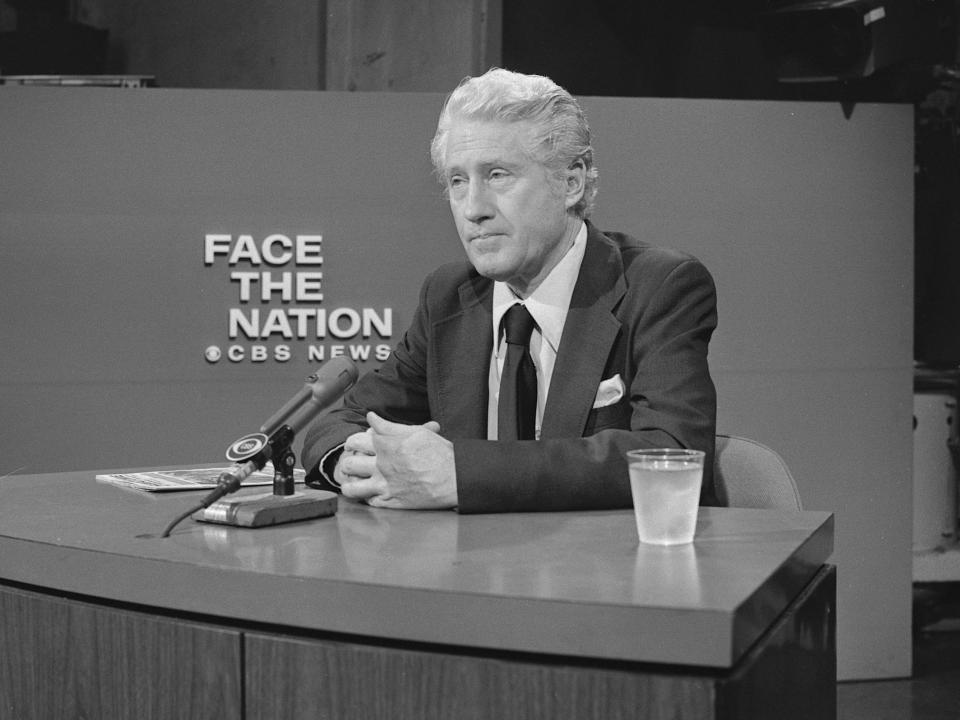
Reagan compared the pardon to Carter's pardon for the men who had evaded being drafted into the Vietnam War.
"We can be no less generous to two men who acted on high principle to bring an end to the terrorism that was threatening our nation," he said.
It was later made public that Felt had also provided information to reporters during the Watergate scandal and was known as "Deep Throat."
Sources: New York Times, Time, New York Times
In 1992, President George H.W. Bush pardoned six former officials, including former Defense Secretary Caspar W. Weinberger, who had been indicted for lying to Congress about secretly selling weapons to Iran, in what was known as the "Iran-Contra" scandal.
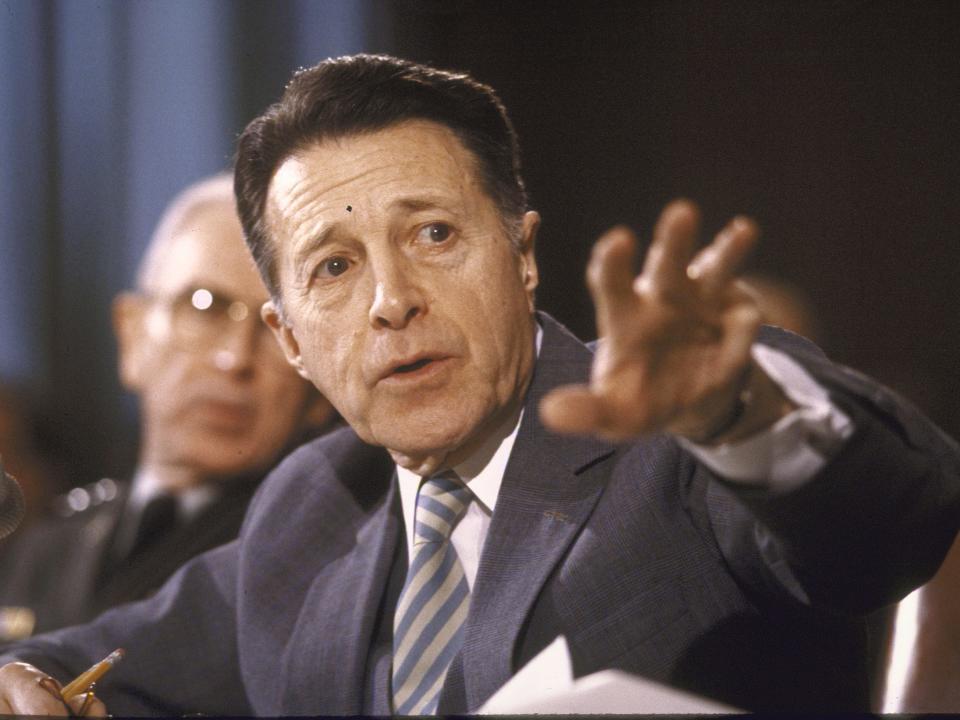
By pardoning the group, Bush put an end to all of the proceedings against Weinberger.
Sources: The Guardian, New York Times, Time
In 2001, President Bill Clinton pardoned 140 people on his last day in office including billionaire Marc Rich, who had been a fugitive for decades for fraud related to making illegal oil deals and not paying more than $48 million in taxes.
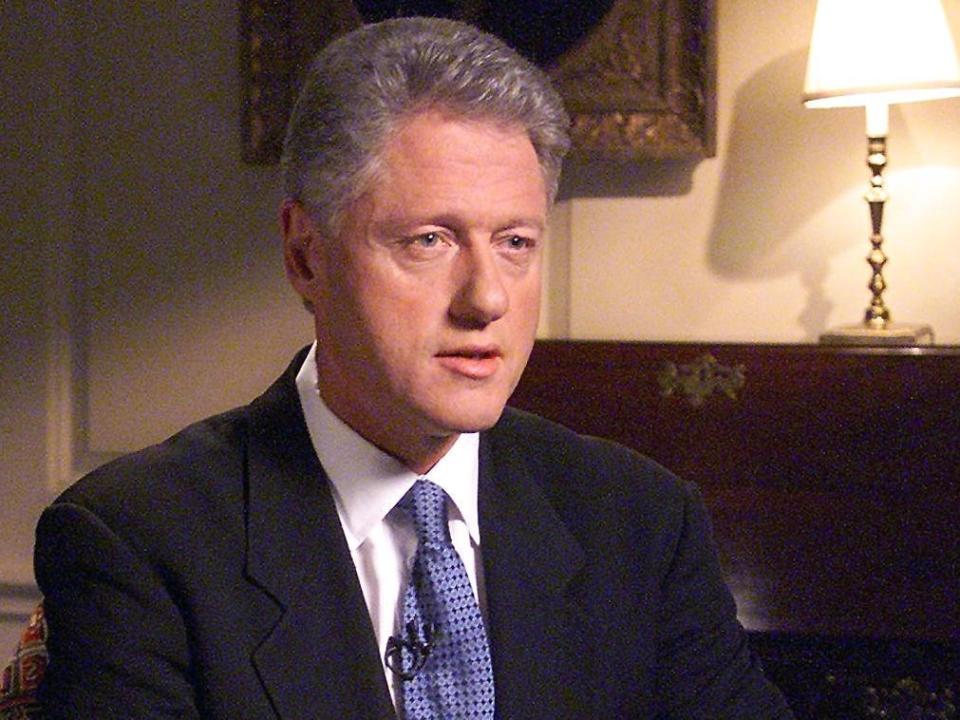
It was a controversial pardon, and following the announcement, an investigation was launched into donations made to the Clintons by Rich's ex-wife. But the investigation didn't discover enough evidence to indict him.
Source: The Guardian
Clinton also pardoned his half-brother Roger Clinton, who had been convicted of drug charges.
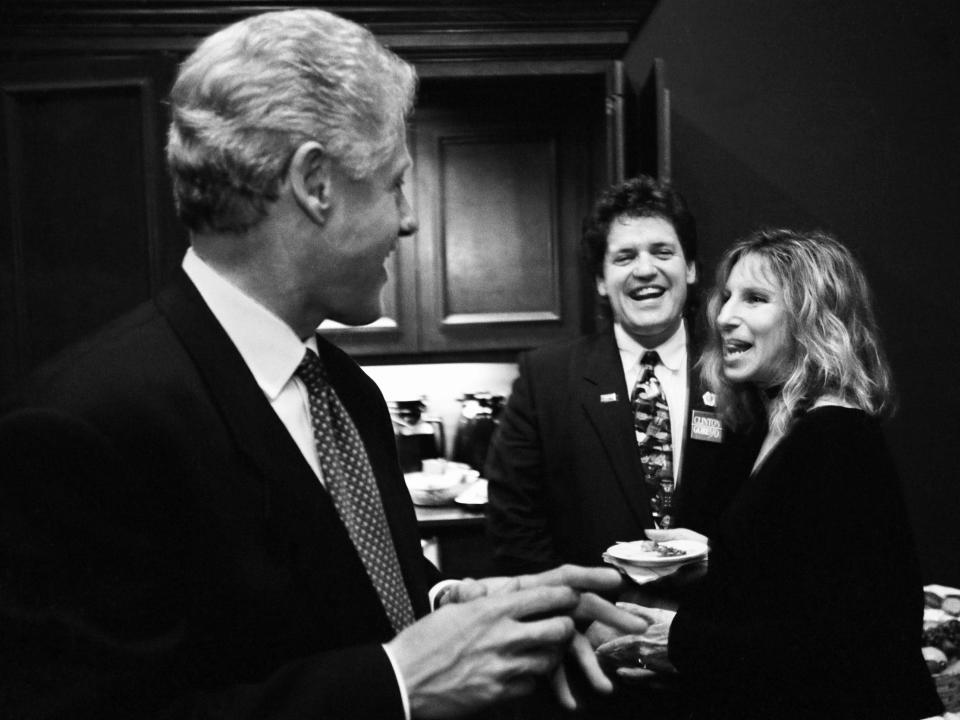
Sources: The Guardian, New York Times
He also pardoned Patty Hearst, granddaughter of William Randolph Hearst, who had been convicted of robbery and given a 35-year prison sentence.

Hearst had been abducted in 1974 by the domestic terrorist group Symbionese Liberation Army when she was 19. She ended up joining the group and committing her crimes with them.
Her defense argued she had been brainwashed by the terrorist group and forced to take part in the robbery, but that didn't win the case.
Carter had previously commuted her prison sentence.
Sources: Smithsonian Magazine, Time
In 2008, in another first, President George W. Bush issued a pardon for Isaac Toussie and then reversed it the following day.
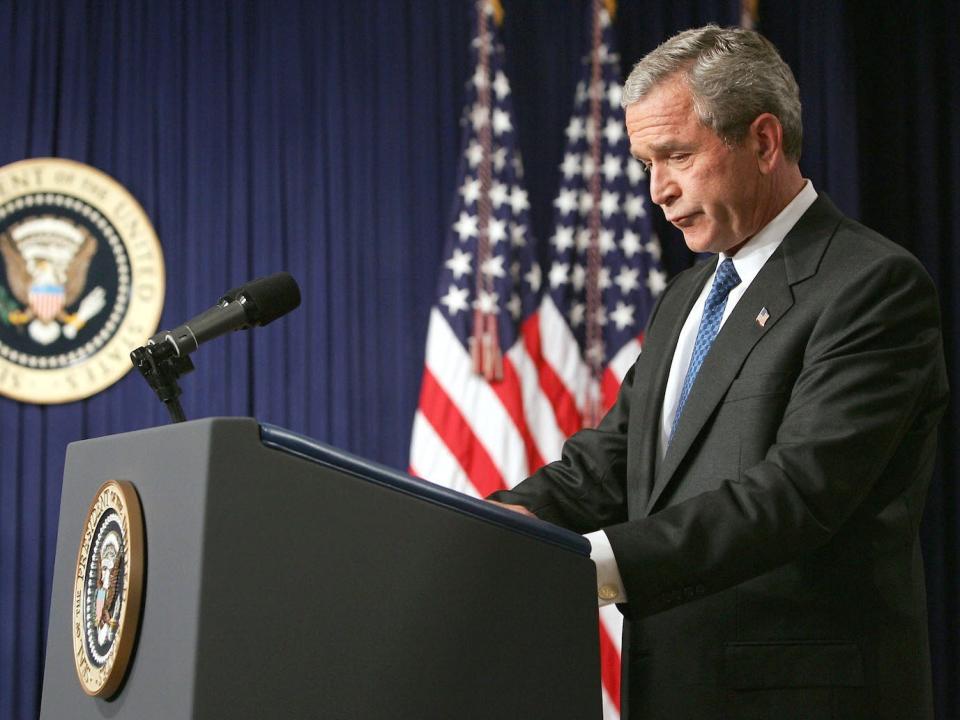
Toussie pled guilty to using fake documents to trick a local authority into insuring mortgages as well as committing mail fraud to convince another local authority to overpay for land.
Bush reversed the pardon after it was revealed his father had recently donated $30,800 to the Republican Party.
Capital University law professor Dan Kobil told NPR the reversal was the first in living memory.
Kobal called it "an example of political tone deafness to rival even President Clinton's pardon of Mark Rich."
Sources: Smithsonian Magazine, New York Times, NPR
Bush also commuted the sentence of I. Lewis Libby, who had been Vice President Dick Cheney's chief of staff. Libby had revealed the identity of CIA officer Valerie Plame and had been convicted of perjury and obstructing justice.
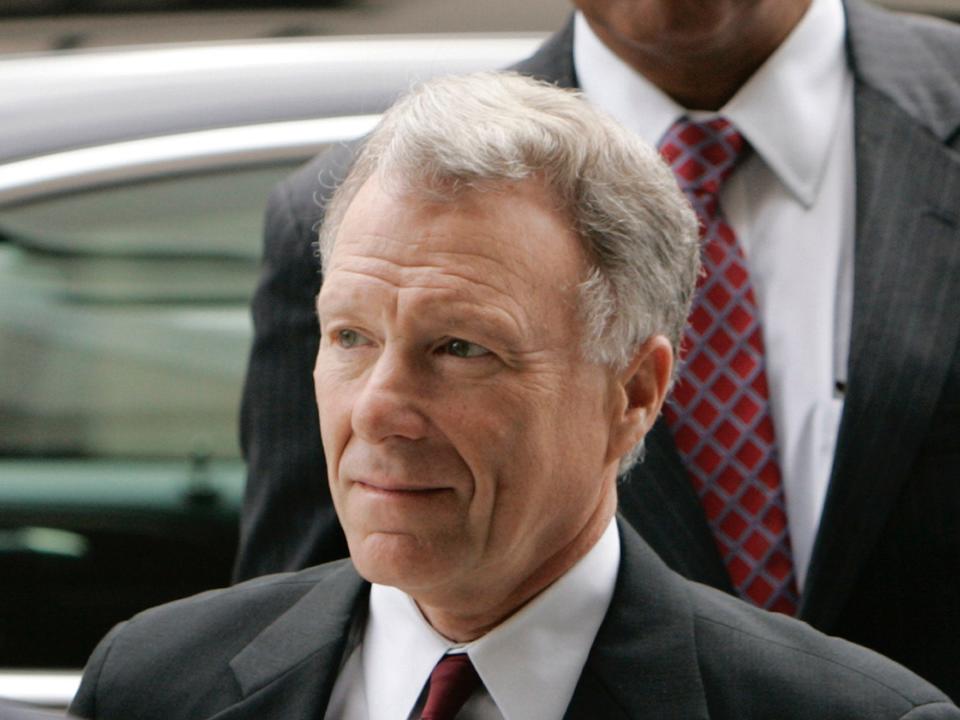
Bush also commuted the sentences of two imprisoned former Border Patrol agents Ignacio Ramos and Jose A. Compean who were convicted of fatally shooting a Mexican drug smuggler and then attempted to hide the evidence.
Former President Donald Trump later pardoned Ramos, Compean, and Libby at the end of his presidential term.
Source: New York Times, Department of Justice, El Paso Times
In 2017, President Barack Obama commuted the remaining tenure of Chelsea Manning's 35-year sentence for leaking military information to WikiLeaks down to four months.
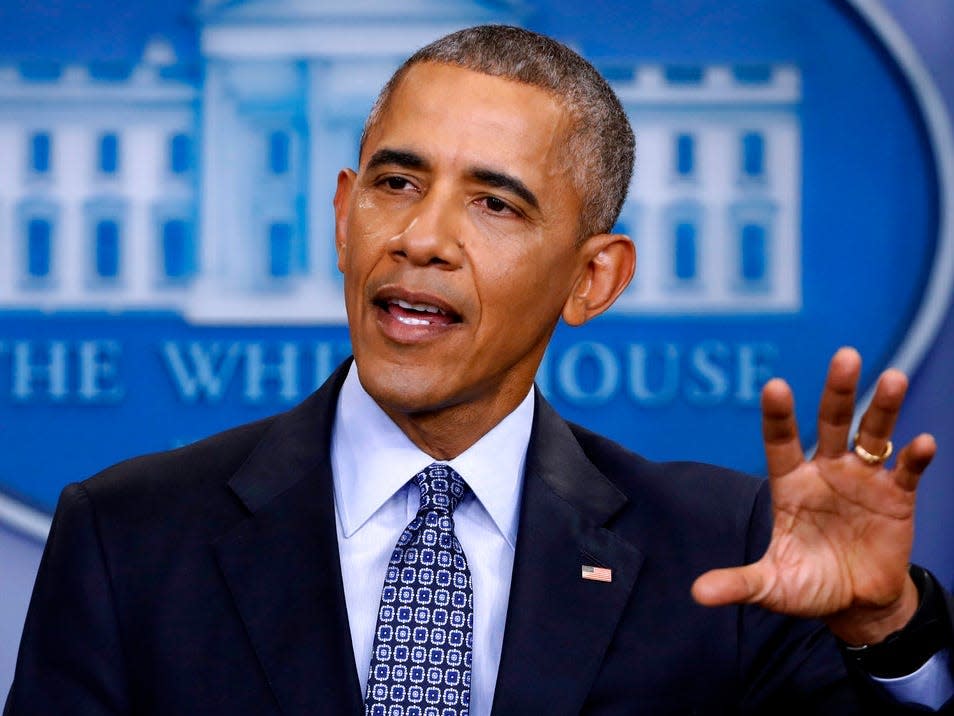
During his time in office, Obama pardoned 212 people and commuted 1,715 offenses, which were mostly related to drugs.
Sources: National Geographic, New York Times
In the last 12 hours of his presidency, President Donald Trump pardoned and commuted the sentences of 144 people, including former advisors Stephen Bannon and Roger Stone. He also pardoned Charles Kushner, Jared Kushner's father, and the rapper Lil Wayne.
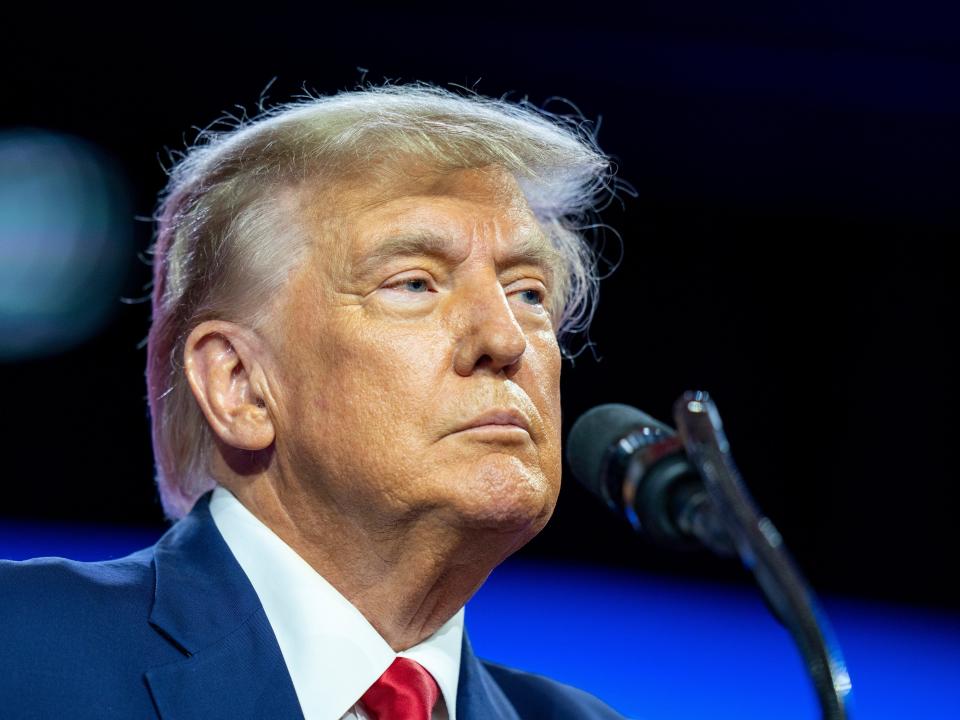
Bannon was pardoned from fraud charges. Stone was pardoned after the Mueller investigation. Kushner was pardoned for tax evasion and witness tampering.
Lil Wayne was pardoned from a conviction he received for carrying a loaded gun on a flight after previously being banned from carrying a gun.
Source: Washington Post
So far, President Joe Biden hasn't stoked much controversy with his pardons, which have been mostly for low-level crimes including those who were convicted of marijuana possession.

But in 2020, during his run for president, he pledged he wouldn't pardon former President Donald Trump.
Read the original article on Business Insider

